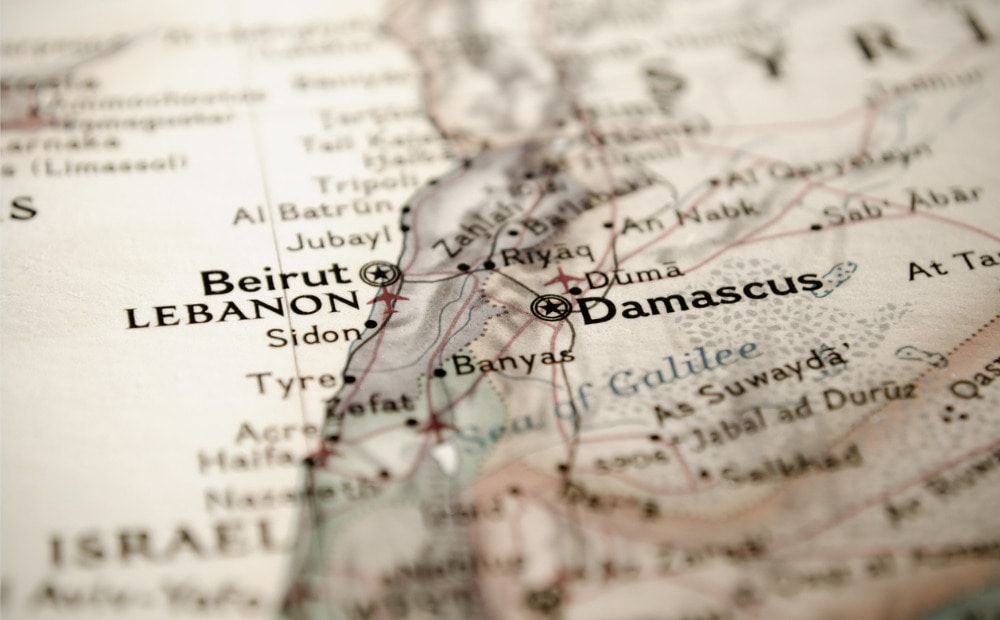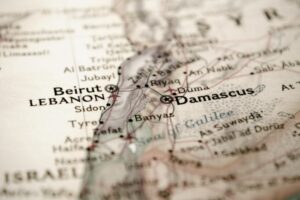Hezbollah-linked foundation runs Beirut school compound designated as missile launch site, Israeli research center says.

A Beirut compound identified as a Hezbollah missile launching site contains a school and a soccer stadium, Israeli researchers say. The owners of the complex operate other schools that may also be used for military purposes, the study says.
Following an investigation, the Alma research center discovered that the compound is owned by a foundation linked to Hezbollah. Alma previously revealed that the complex is a launch site for medium-range missiles.
Overall, the foundation runs a total of six school compounds in the Burj al-Barajneh area in Beirut, the latest study says.
As Hezbollah tends to store missiles close to launch sites, it could very well be hiding them near or in a school, Alma says. This would be consistent with the group’s strategy of stockpiling arms in civilian areas to deter an Israeli strike.
Yesterday, Defense Minister Benny Gantz warned that local residents will suffer because of Hezbollah’s human shield tactics. If a conflict erupts, Lebanon will pay the “heaviest price” as weapons are being stored in civilian areas, he said.
IDF watching missile sites
Notably, IDF Chief Aviv Kochavi recently warned that Israel will not hesitate to bomb Hezbollah targets in urban areas. Once a war starts, locals should immediately leave homes located near arms depots, he said in a speech at the Institute for National Security Studies.
Israel expects to be targeted with heavy barrages and will launch extensive strikes to neutralize the missile threat, the army chief said.
Kochavi’s speech received significant media attention because of his remarks against a new nuclear deal with Iran. However, the IDF chief’s main objective was to prepare public opinion for a missile war and a harsh Israeli response.
Earlier, PM Benjamin Netanyahu and the IDF exposed the locations of Hezbollah missile factories in Beirut. Israel is apparently considering a preemptive strike to destroy precision-missile workshops in the city and elsewhere in Lebanon.


